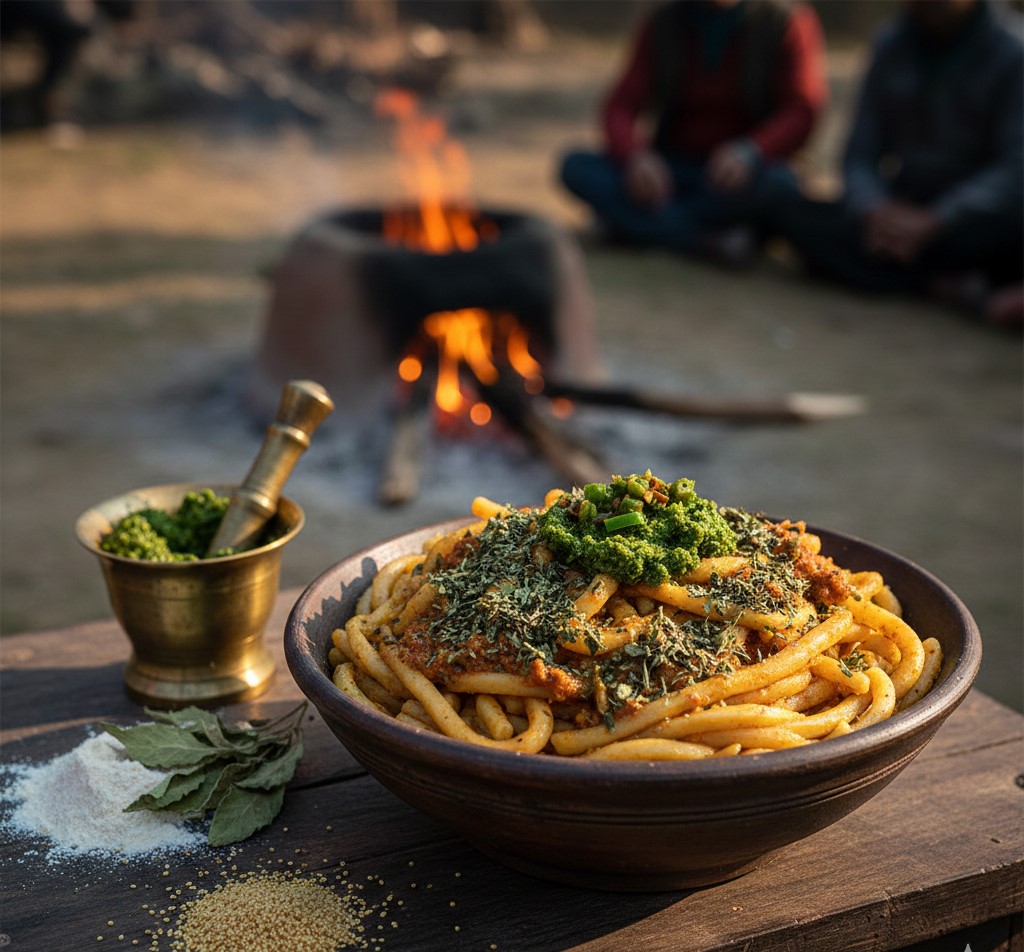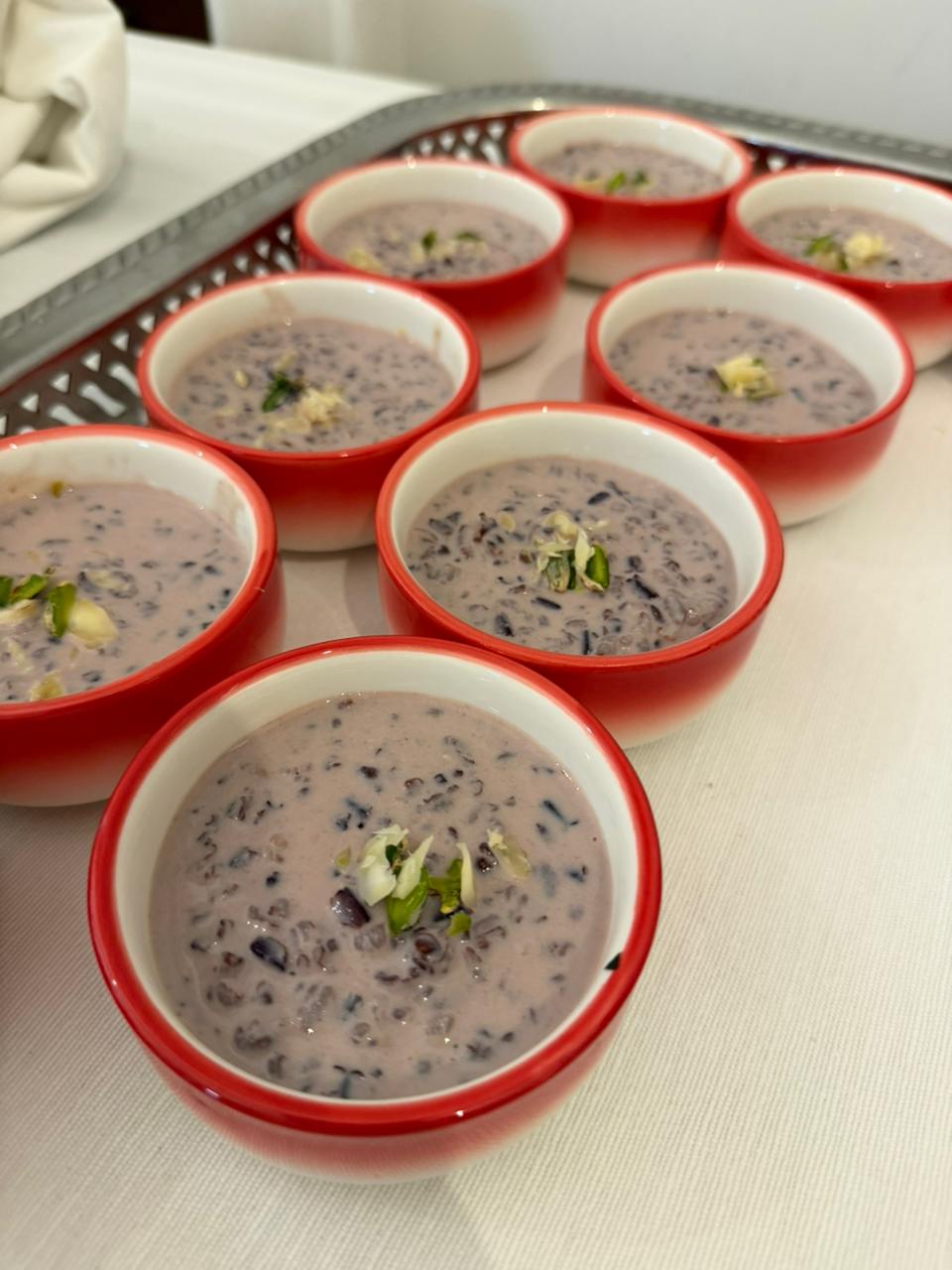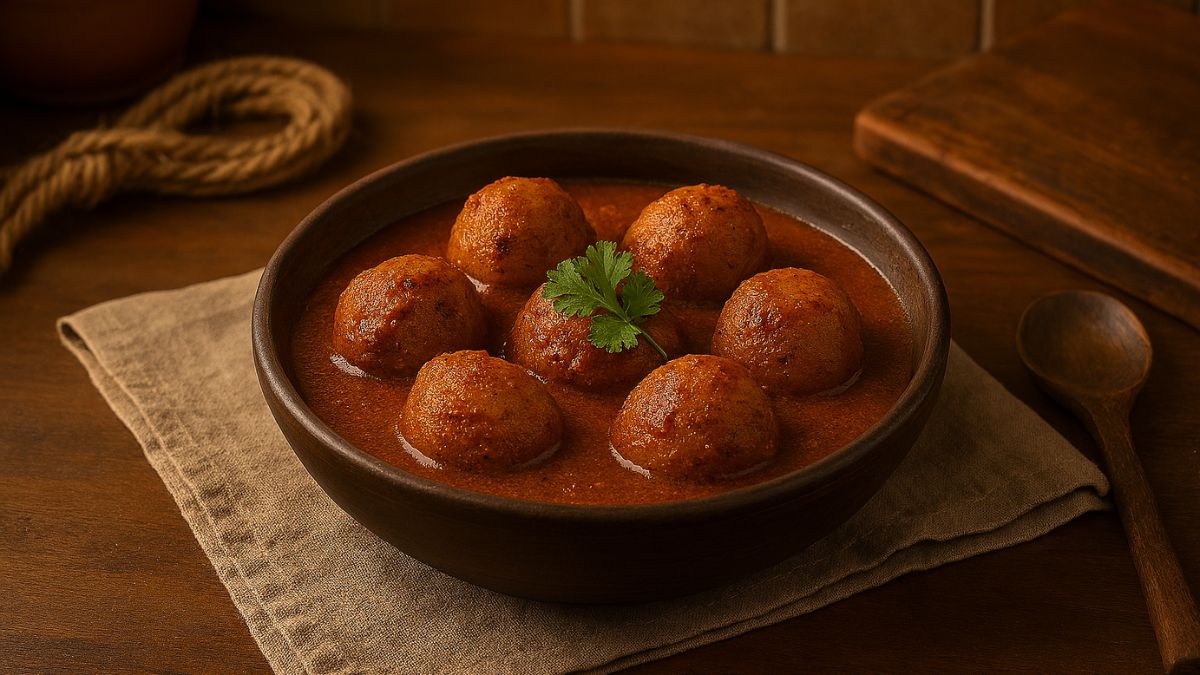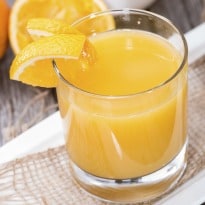It's a well-known fact that orange juice and other citrus fruit juices are healthy, refreshing and really good source of Vitamin C and other antioxidants. But the level of antioxidants found in citrus juices has been gravely misunderstood. According to a study published in the journal Food Chemistry, citrus juice is 10 times richer in antioxidants than what current methods seem to have estimated.Our body constantly produces a substance known as 'free radicals' that attack healthy cells. When these healthy cells are at their weakest, it makes you prone to diseases like heart disease and certain kinds of cancer. Antioxidants in a person's diet help protect the healthy cells from 'free radicals' in the body. According to Jose Angel Rufian Henares, Professor at the University of Granada in Spain, "High content of antioxidants in one's diet helps to reduce harmful free radicals in our body. The antioxidant activity is, on an average, ten times higher than that which everyone thought up until now."
Juicing: How to lose weight and become fitThe new technique to measure antioxidant content called 'Global Antioxidant Response' (GAR) shows that this property has been undervalued in other foods as well. The results suggest that tables on the antioxidant capacities of food products that dieticians and health authorities use must be revised.The method includes assessments of various physical and chemical parameters, such as colour, fluorescence and the relationship between the concentrations analysed and compound indicators such as furfural.Upon applying the technique to commercial and natural orange, mandarin, lemon and grapefruit juices, it has been proved that their values greatly increase. With the help of this method, scientists have also created a mathematical model in order to classify juices according to their natural and storage conditions, which ensures that the correct raw materials and sterilisation and pasteurisation processes are used.Is fruit juice bad for your health?With inputs from IANS
Juicing: How to lose weight and become fitThe new technique to measure antioxidant content called 'Global Antioxidant Response' (GAR) shows that this property has been undervalued in other foods as well. The results suggest that tables on the antioxidant capacities of food products that dieticians and health authorities use must be revised.The method includes assessments of various physical and chemical parameters, such as colour, fluorescence and the relationship between the concentrations analysed and compound indicators such as furfural.Upon applying the technique to commercial and natural orange, mandarin, lemon and grapefruit juices, it has been proved that their values greatly increase. With the help of this method, scientists have also created a mathematical model in order to classify juices according to their natural and storage conditions, which ensures that the correct raw materials and sterilisation and pasteurisation processes are used.Is fruit juice bad for your health?With inputs from IANS
Advertisement








